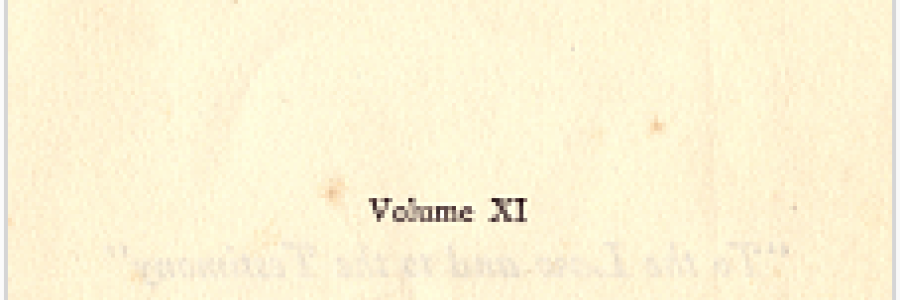Why I Cannot Change My Mind on the Premillennial Return of Christ
Reposted courtesy of Proclaim & Defend.
In a Gospel Coalition article, Sam Storms has a piece entitled “Why I Changed My Mind on the Millennium.” He says that it is now impossible for him to hold to premillennialism, having now switched to an amillennial position.
As a response, I would like to share why I cannot change my mind on a premillennial position.
Storms finds it impossible to believe in the Millennial Kingdom of Jesus Christ on earth for 1,000 years for a number of reasons and concludes that “premillennialists must believe what the NT explicitly denies.” Major points that he insists that are a clear contradiction to NT teaching is that premillennialists must “believe that physical death will continue to exist beyond the time of Christ’s second coming.” He also insists that the “the New Heavens and the New Earth are introduced immediately following the parousia.”





Discussion